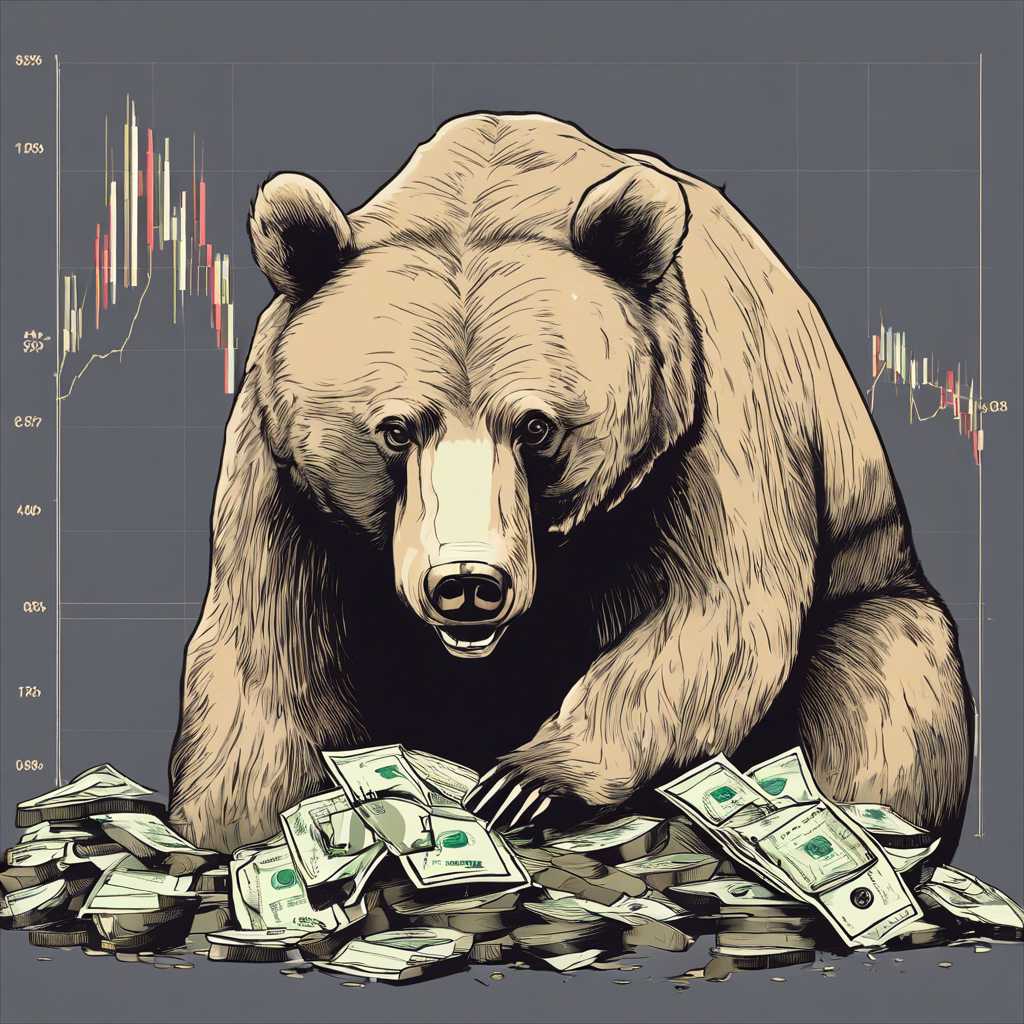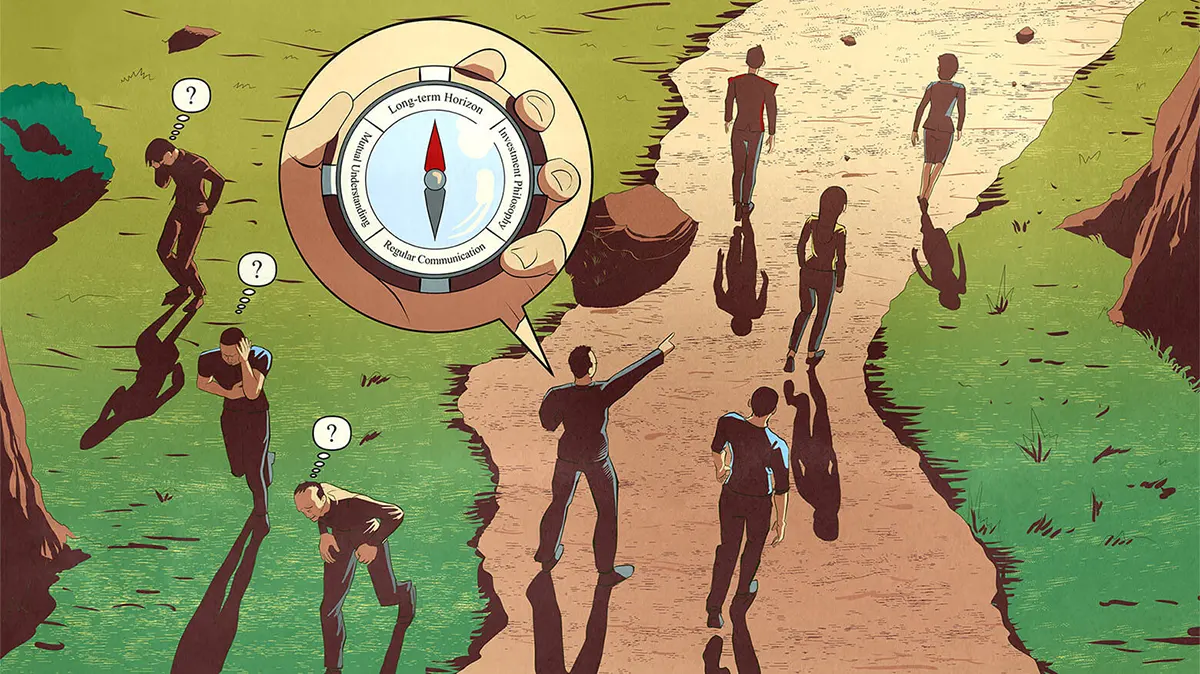I wrote an article in February 2007 in the Rocky Mountain News called – “You are not as smart as you think” (see second article) that article was written to address overconfidence that we get in bull markets. Today I’ve slightly rewritten the same article to address underconfidence of bear markets.You are not as dumb as you think – or – Psychotherapy for Bear Markets
Lately I’ve been getting this nagging feeling that everything I touch turns to dirt. Every time I buy a stock that is already down a lot, the one that my analysis leads me to believe is cheaper than dirt, it declines more. Did I completely lose my ability to value stocks? Did I start ignoring Will Rogers’ advice? Buy stocks that go up, and if they don’t go up, don’t buy them.
No, I didn’t get much dumber, and my stock picking skills haven’t diminished that much over the past year. I was simply a willing participant in the latest (cyclical) bear market. Bear markets make you feel dumber than you are, the same way a bull markets make you feel smarter than you are. Feeling dumb makes you do the opposite of what you should be doing. Fear and pain – yes, continued losses cause a lot of pain – are dangerous things because they can make you (and me) panic, lose confidence and do the opposite of what we should be doing. To alleviate pain we sell, we react, we default to the only asset that made us money (so far) in the bear market – cash! Cash is only a king when other assets are princes. When you cannot find a stock with a long-term (a key word) superior risk reward profile, then cash is King (with capital “K”). However, during a cyclical bear market, cash is slowly demoted to a prince as great companies are thrown out the window with the junky ones. You have to actively make yourself aware of the eight-letter word T-O-M-O-R-R-O-W! Yes, tomorrow. Think of the lyrics from Annie:
When I’m stuck with the day that’s gray and lonely
I just stick out my chin and grin and say, ohhh
The sun will come out, tomorrow
So you gotta hang on’ til tomorrow
Of course, we don’t know if tomorrow is tomorrow or years from now. But investing is a marathon, not a sprint, and do not let the bear market turn you into a sprinter. First of all, remind yourself that you are not as dumb as your portfolio makes you feel. You have bought a stock (once or twice) that made you money. This is what I do. I pull out a chart of a stock on which I made a boatload of money or one I sold (for the right reasons) before it declined. I do this with pleasure, trying to relive my “smart days”.
We all have these stocks, the ones we nailed. We tend to forget about them during the bear market phase. But I suggest you remember them now, when you feel lonely and miserable, so you’ll have more of these names to remember in the future as cash will not bring the pleasure of victory in the long-run. The cyclical bull market is still there; it is just hiding under the ugly sentiment of the cyclical bear market. Believe me, it will show its happy face. It is just a matter of time.
In a bear market, it is easy to forget about buying. Selling is a much easier decision to make. Every time you buy a stock you look dumb because it usually goes down afterward. I recently bought a couple of incredibly cheap stocks and, of course, they declined. I don’t feel smart about these buys right now. However, awhile back I analyzed these companies, figured out what they are worth, determined an appropriate margin of safety and got my buy prices. Stocks declined, fundamentals have not changed, so I bought these stocks.
You cannot worry about marking the “bottom” in every buy. My objective is not to buy at the “bottom” and sell at the “top.” No, my objective is to buy a great company when it is cheap and to sell it when it is fairly valued! I suggest you do the same. Will Roger’s advice is great, but unfortunately I am yet to meet a human being who has figured out how to apply it in real life. No, you are not as dumb as bear markets make you feel.
You are not as smart as you think – or – Psychotherapy for Bull Markets
Lately I’ve been getting this powerful feeling that everything I touch turns to gold. Every time I buy a stock, it goes up. Did I finally figure out the stock market game? Did I find a secret to Will Rogers’ advice? Buy stocks that go up, and if they don’t go up, don’t buy them.
No, I didn’t get much smarter, and my stock picking skills haven’t improved that much over the past year. I was simply a willing participant in the latest (cyclical) bull market. A bull market makes you feel smarter than you are the same way a bear market makes you feel dumber than you are. Feeling smart makes you do the opposite of what you should be doing. The euphoria of the golden touch is a dangerous thing because it can make you (and me) careless. We forget about risk since we haven’t seen it in a while and focus only on our rewards. You have to actively make yourself aware of the four-letter word R-I-S-K!
How do you do that? My favorite way is to remind myself how “dumb” I am. I pull out an annual return report of a company on which I lost a boatload of money and masochistically try to read it from cover to cover, reliving my “dumbness.”
We all have these stocks, the ones we lost a lot of money in because we were overconfident. We tend to forget about them during the bull market phase. But I suggest you remember them now, so you’ll have fewer of those names to remember in the future. Risk is still there; it is just hiding under the joyful sentiment of the bull market. Believe me, it will show its ugly face. It is just a matter of time.
In the bull market, it is easy to forget about selling discipline and then turn into a “buy and forget to sell” investor. Every time you sell a stock you look dumb because it usually goes up afterward. I recently sold Becton Dickinson (BDX) at about $72-$73, and then it hit $78! I don’t feel smart about that decision. However, when I bought Becton Dickinson, I set a sell P/E, and when it approached I quickly reviewed the stock’s fundamentals – they had not changed much, so I sold the stock.
You cannot worry about marking the “top” in every sell. My objective is not to buy at the “bottom” and sell at the “top.” No, my objective is to buy a great company when it is cheap and to sell it when it is fairly valued! I suggest you do the same.









0 comments